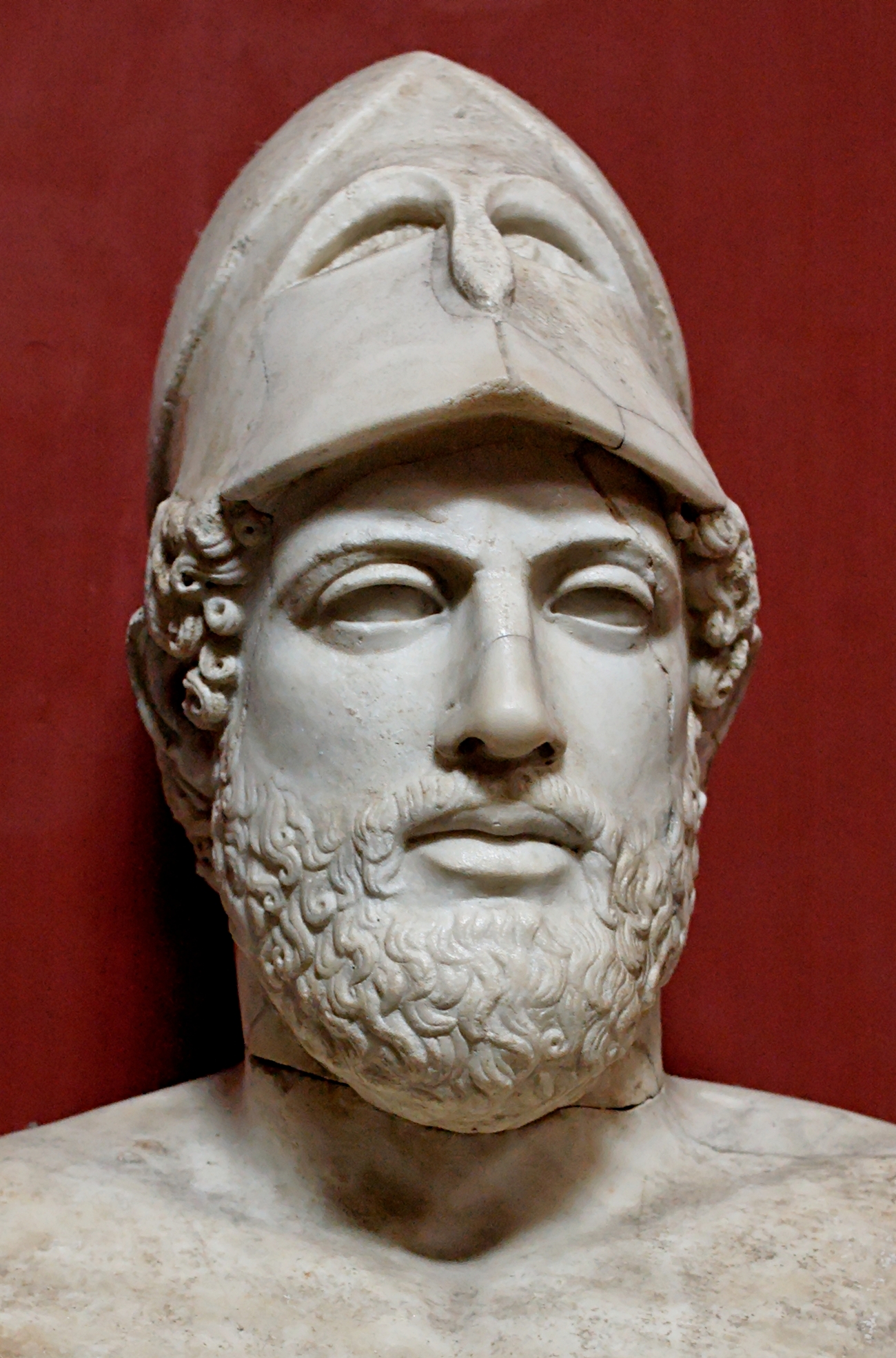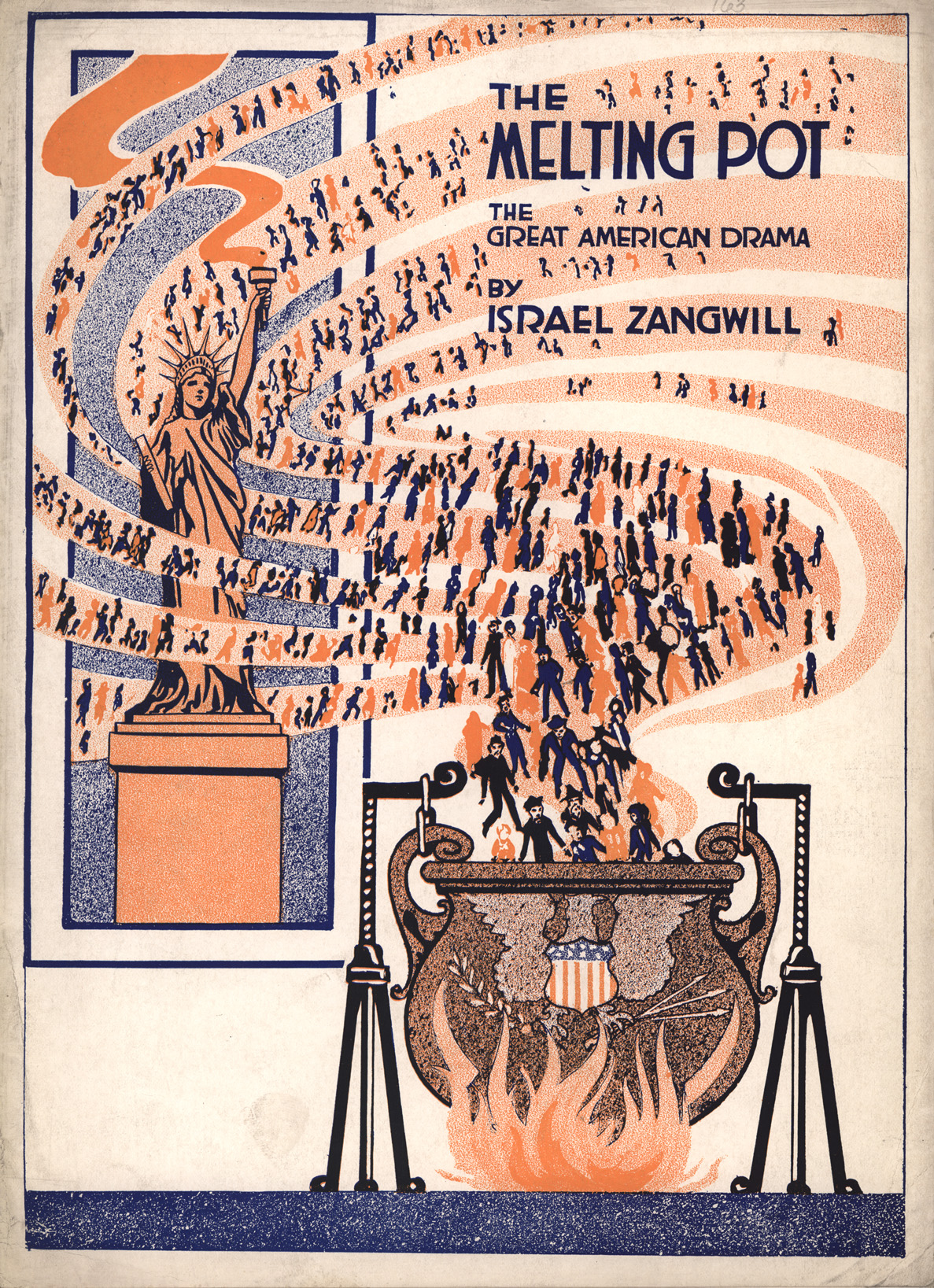|
Hellenistic Jewish
Hellenistic Judaism was a form of Judaism in classical antiquity that combined Jewish religious tradition with elements of Greek culture. Until the early Muslim conquests of the eastern Mediterranean, the main centers of Hellenistic Judaism were Alexandria in Egypt and Antioch in Syria (now in southern Turkey), the two main Greek urban settlements of the Middle East and North Africa region, both founded at the end of the fourth century BCE in the wake of the conquests of Alexander the Great. Hellenistic Judaism also existed in Jerusalem during the Second Temple Period, where there was conflict between Hellenizers and traditionalists. The major literary product of the contact of Second Temple Judaism and Hellenistic culture is the Septuagint translation of the Hebrew Bible from Biblical Hebrew and Biblical Aramaic to Koine Greek, specifically, Jewish Koine Greek. Mentionable are also the philosophic and ethical treatises of Philo and the historiographical works of the other Hell ... [...More Info...] [...Related Items...] OR: [Wikipedia] [Google] [Baidu] |
Judaism
Judaism ( he, ''Yahăḏūṯ'') is an Abrahamic, monotheistic, and ethnic religion comprising the collective religious, cultural, and legal tradition and civilization of the Jewish people. It has its roots as an organized religion in the Middle East during the Bronze Age. Modern Judaism evolved from Yahwism, the religion of ancient Israel and Judah, by the late 6th century BCE, and is thus considered to be one of the oldest monotheistic religions. Judaism is considered by religious Jews to be the expression of the covenant that God established with the Israelites, their ancestors. It encompasses a wide body of texts, practices, theological positions, and forms of organization. The Torah, as it is commonly understood by Jews, is part of the larger text known as the ''Tanakh''. The ''Tanakh'' is also known to secular scholars of religion as the Hebrew Bible, and to Christians as the " Old Testament". The Torah's supplemental oral tradition is represented by later texts s ... [...More Info...] [...Related Items...] OR: [Wikipedia] [Google] [Baidu] |
Biblical Hebrew
Biblical Hebrew (, or , ), also called Classical Hebrew, is an archaic form of the Hebrew language, a language in the Canaanite branch of Semitic languages spoken by the Israelites in the area known as the Land of Israel, roughly west of the Jordan River and east of the Mediterranean Sea. The term "Hebrew" (''ivrit'') was not used for the language in the Bible, which was referred to as (''sefat kena'an'', i.e. language of Canaan) or (''Yehudit'', i.e. Judaean), but the name was used in Ancient Greek and Mishnaic Hebrew texts. The Hebrew language is attested in inscriptions from about the 10th century BCE, and spoken Hebrew persisted through and beyond the Second Temple period, which ended in the siege of Jerusalem (70 CE). It eventually developed into Mishnaic Hebrew, spoken up until the fifth century CE. Biblical Hebrew as recorded in the Hebrew Bible reflects various stages of the Hebrew language in its consonantal skeleton, as well as a vocalization ... [...More Info...] [...Related Items...] OR: [Wikipedia] [Google] [Baidu] |
Fifth-century Athens
Fifth-century Athens is the Greek city-state of Athens in the time from 480 to 404 BC. Formerly known as the Golden Age of Athens, the later part being the Age of Pericles, it was buoyed by political hegemony, economic growth and cultural flourishing. The period began in 478 BC, after the defeat of the Persian invasion, when an Athenian-led coalition of city-states, known as the Delian League, confronted the Persians to keep the liberated Asian Greek cities free. After peace was made with Persia in the mid-5th century BC, what started as an alliance of independent city-states became an Athenian empire after Athens abandoned the pretense of parity among its allies and relocated the Delian League treasury from Delos to Athens, where it funded the building of the Athenian Acropolis, put half its population on the public payroll, and maintained its position as the dominant naval power in the Greek world. With the empire's funds, military dominance and its political fortunes guided by ... [...More Info...] [...Related Items...] OR: [Wikipedia] [Google] [Baidu] |
Melting Pot
The melting pot is a monocultural metaphor for a heterogeneous society becoming more homogeneous, the different elements "melting together" with a common culture; an alternative being a homogeneous society becoming more heterogeneous through the influx of foreign elements with different cultural backgrounds, possessing the potential to create disharmony within the previous culture. It can also create a harmonious hybridized society known as cultural amalgamation. Historically, it is often used to describe the cultural integration of immigrants to the United States. A related concept has been defined as "cultural additivity." The melting-together metaphor was in use by the 1780s.p. 50 See "..whether assimilation ought to be seen as an egalitarian or hegemonic process, ...two viewpoints are represented by the melting-pot and Anglo-conformity models, respectively" The exact term "melting pot" came into general usage in the United States after it was used as a metaphor describ ... [...More Info...] [...Related Items...] OR: [Wikipedia] [Google] [Baidu] |
Levant
The Levant () is an approximate historical geographical term referring to a large area in the Eastern Mediterranean region of Western Asia. In its narrowest sense, which is in use today in archaeology and other cultural contexts, it is equivalent to a stretch of land bordering the Mediterranean in South-western Asia,Gasiorowski, Mark (2016). ''The Government and Politics of the Middle East and North Africa''. }, ), meaning "the eastern place, where the Sun rises". In the 13th and 14th centuries, the term ''levante'' was used for Italian maritime commerce in the Eastern Mediterranean, including Greece, Anatolia, Syria-Palestine, and Egypt, that is, the lands east of Venice. Eventually the term was restricted to the Muslim countries of Syria-Palestine and Egypt. In 1581, England set up the Levant Company to monopolize commerce with the Ottoman Empire. The name ''Levant States'' was used to refer to the French mandate over Syria and Lebanon after World War I. This is probab ... [...More Info...] [...Related Items...] OR: [Wikipedia] [Google] [Baidu] |
Colonization
Colonization, or colonisation, constitutes large-scale population movements wherein migrants maintain strong links with their, or their ancestors', former country – by such links, gain advantage over other inhabitants of the territory. When colonization takes place under the protection of Colonialism, colonial structures, it may be termed settler colonialism. This often involves the settlers dispossessing Indigenous peoples, indigenous inhabitants, or instituting legal and other structures which disadvantage them. Colonization can be defined as a process of establishing foreign control over target territory, territories or people, peoples for the purpose of colonialism, cultivation, often by establishing Colony, colonies and possibly by settling them. In colonies established by Western European countries in the Americas, Australia, and New Zealand, settlers (supplemented by Central European, Eastern European, Asian, and African people) eventually formed a large majority of ... [...More Info...] [...Related Items...] OR: [Wikipedia] [Google] [Baidu] |
Greek Orthodox Church Of Antioch
The Greek Orthodox Patriarchate of Antioch ( el, Ελληνορθόδοξο Πατριαρχείο Αντιοχείας), also known as the Antiochian Orthodox Church and legally as the Greek Orthodox Patriarchate of Antioch and All the East ( ar, بطريركيّة أنطاكية وسائر المشرق للروم الأرثوذكس, translit=Baṭriyarkiyyat ʾAnṭākiya wa-Sāʾir al-Mašriq li-r-Rūm al-ʾUrṯūḏuks, lit=Patriarchate of Antioch and All the East for the Orthodox Rūm), is an autocephalous Greek Orthodox church within the wider communion of Eastern Orthodox Christianity. Headed by the Greek Orthodox patriarch of Antioch, it considers itself the successor to the Christian community founded in Antioch by the Apostles Peter and Paul. Background The seat of the patriarchate was formerly Antioch, in what is now Turkey. However, in the 14th century, it was moved to Damascus, modern-day Syria. Its traditional territory includes Syria, Lebanon, Iraq, Kuwait, Arab c ... [...More Info...] [...Related Items...] OR: [Wikipedia] [Google] [Baidu] |
Melkite Greek Catholic Church
el, Μελχιτική Ελληνική Καθολική Εκκλησία , image = Melkite Greek Catholic Church, Damascus, Syria.jpg , imagewidth = 200px , alt = , caption = , abbreviation = , type = Antiochian , main_classification = Eastern Catholic , orientation = Melkite , scripture = , theology = Catholic Theology , polity = Episcopal , governance = , structure = , leader_title = Pope , leader_name = Francis , leader_title1 = Primate , leader_name1 = Patriarch Youssef Absi , leader_title2 = , leader_name2 = Cyril VI Tanas , leader_title3 = , leader_name3 = , fellowships_type = , fellowships = , fellowships_type1 = , fellowships1 = , division_type = , division = , division_type1 = , division1 = , divisi ... [...More Info...] [...Related Items...] OR: [Wikipedia] [Google] [Baidu] |
Early Centers Of Christianity
Early Christianity (up to the First Council of Nicaea in 325) spread from the Levant, across the Roman Empire, and beyond. Originally, this progression was closely connected to already established Jewish centers in the Holy Land and the Jewish diaspora. The first followers of Christianity were Jews or proselytes, commonly referred to as Jewish Christians and God-fearers. The Apostolic sees claim to have been founded by one or more of the apostles of Jesus, who are said to have dispersed from Jerusalem sometime after the crucifixion of Jesus, c. 26–36, perhaps following the Great Commission. Early Christians gathered in small private homes, known as house churches, but a city's whole Christian community would also be called a church – the Greek noun ἐκκλησία (''ekklesia'') literally means assembly, gathering, or congregation but is translated as church in most English translations of the New Testament. Many early Christians were merchants and others who had prac ... [...More Info...] [...Related Items...] OR: [Wikipedia] [Google] [Baidu] |
Early Christianity
Early Christianity (up to the First Council of Nicaea in 325) spread from the Levant, across the Roman Empire, and beyond. Originally, this progression was closely connected to already established Jewish centers in the Holy Land and the Jewish diaspora. The first followers of Christianity were Jews or proselytes, commonly referred to as Jewish Christians and God-fearers. The Apostolic sees claim to have been founded by one or more of the apostles of Jesus, who are said to have dispersed from Jerusalem sometime after the crucifixion of Jesus, c. 26–36, perhaps following the Great Commission. Early Christians gathered in small private homes, known as house churches, but a city's whole Christian community would also be called a church – the Greek noun ἐκκλησία (''ekklesia'') literally means assembly, gathering, or congregation but is translated as church in most English translations of the New Testament. Many early Christians were merchants and others who had prac ... [...More Info...] [...Related Items...] OR: [Wikipedia] [Google] [Baidu] |
Philo
Philo of Alexandria (; grc, Φίλων, Phílōn; he, יְדִידְיָה, Yəḏīḏyāh (Jedediah); ), also called Philo Judaeus, was a Hellenistic Jewish philosopher who lived in Alexandria, in the Roman province of Egypt. Philo's deployment of allegory to harmonize Jewish scripture, mainly the Torah, with Greek philosophy was the first documented of its kind, and thereby often misunderstood. Many critics of Philo assumed his allegorical perspective would lend credibility to the notion of legend over historicity. Philo often advocated a literal understanding of the Torah and the historicity of such described events, while at other times favoring allegorical readings. Though never properly attributed, Philo's marriage of Jewish exegesis and Stoic philosophy provided a formula later picked up by other Midrash content from the 3rd and 4th centuries. Some claimed this lack of credit or affinity for Philo by the Rabbinic leadership at the time, was due to his adoption of alle ... [...More Info...] [...Related Items...] OR: [Wikipedia] [Google] [Baidu] |





.png)

.jpg)

